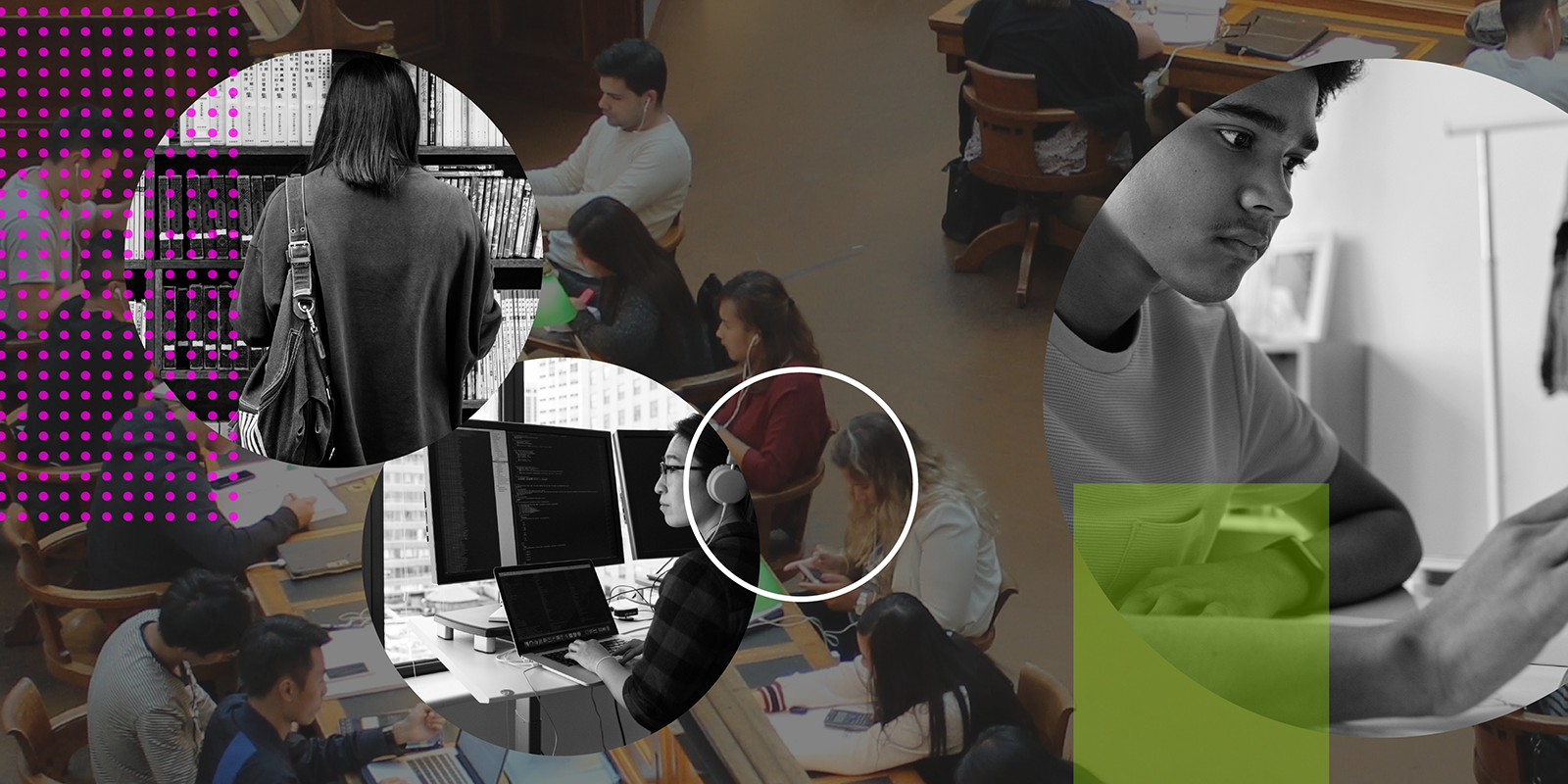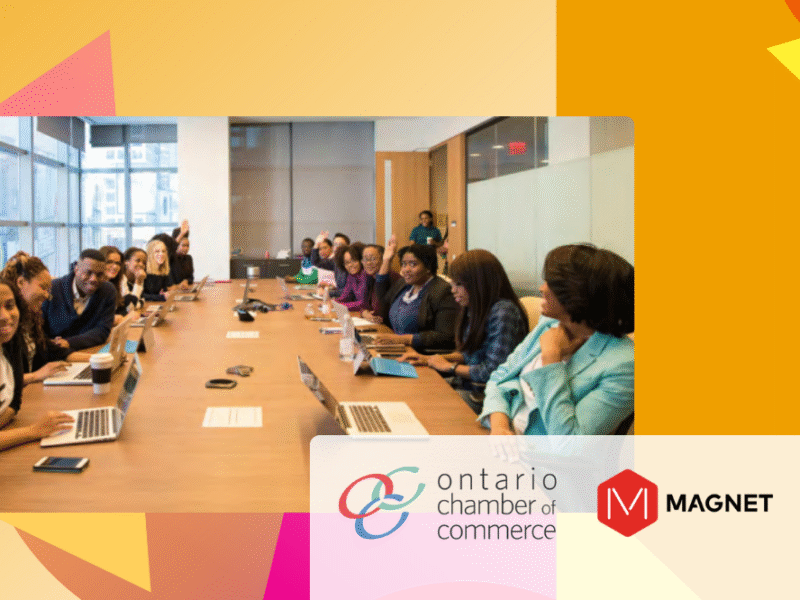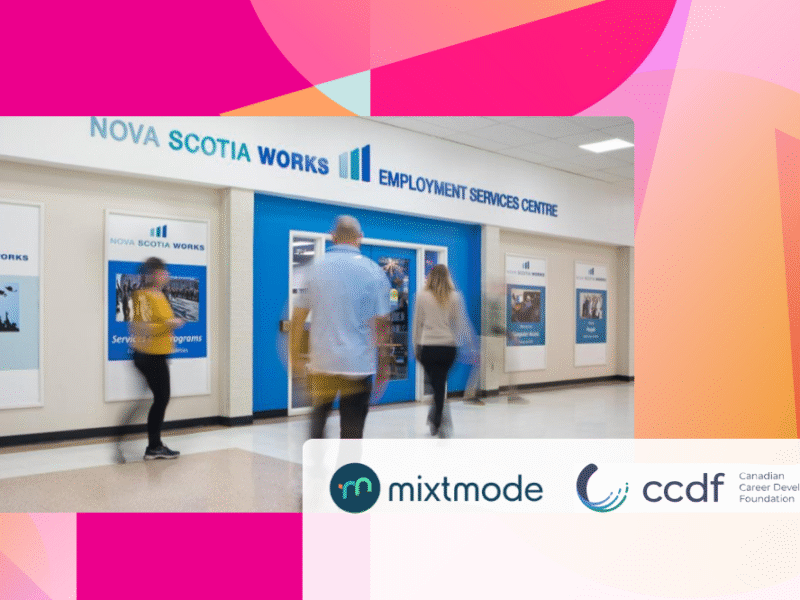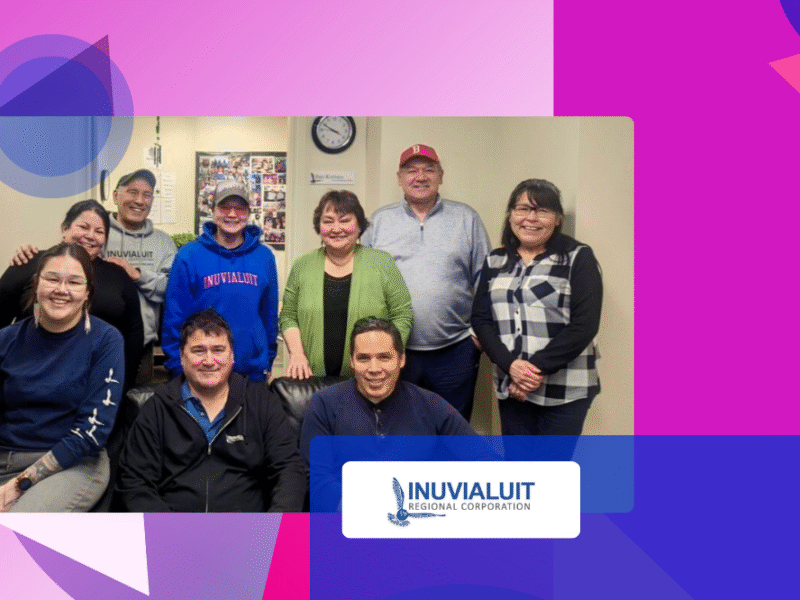Deeper integration between schools, post-secondary institutions and industry needed to address skills and labour shortages

Over the past decade in Atlantic Canada, we have watched as our demographic situation has worsened due to a low birth rate, an aging population, outmigration of young people, and a growing dependency rate. We have also experienced significant growth in our major urban areas while rural parts of Atlantic Canada struggle. The two are not unrelated. For the first time in memory, many sectors of our economy began to experience both labour shortages, caused chiefly by the discrepancy between entrants to and retirees from the labour pool, and skill shortages, especially in those areas that are difficult to quantify, teach and assess – often referred to as soft, essential, employment, or 21st Century skills, among other descriptors.
These developments should have come as no surprise to anyone. Our skills training ecosystem, however, struggled to adapt to these new realities. The loose relationship among public schools, post-secondary institutions, federal/provincial governments, and industry was no longer sufficient to meet the needs of our citizens, our economy, and our communities.
Then along came COVID!!
The virus has both exacerbated what was already a challenging dynamic and accelerated potential solutions. It has aggravated the issue in that COVID-19 restrictions have significantly impacted public school students. This fall, our incoming class will have experienced five semesters of restrictions. Many graduates will not have developed the academic or psychological underpinnings necessary for success in a post-secondary setting. Many students entering Grade 3 will undoubtedly experience a problematic developmental trajectory for similar reasons.
Moreover, the pandemic’s impact on young workers and those in the low wage economy is not yet fully understood. Our students and graduates now often speak of the importance of work-life balance, and employers echo these comments by noting that new hires often refuse overtime. We are also seeing an increase in applications to our reskilling and upskilling programs from those in low-wage sectors. Clearly, supports from the federal and provincial governments have provided many with the opportunity to stop and think about their work and their lives.
The pandemic has also accelerated collaboration within institutions and among the skills ecosystem partners. Many institutions have had to, if not embrace, then at least engage, online learning and supportive technologies. It has also forced governments, institutions, and industry to rethink their traditional relationships with each other. The new system that emerges needs to be much more inclusive, much more accessible, much more flexible, and much more accountable.
However, change is difficult. Short-term, superficial change is relatively easy to accomplish; add a few programs and some people and you are there. But authentic, lasting change involves the core processes of an institution and requires change from the inside out rather than the outside in.
For educators, the challenge is relatively simple but daunting. It is essential that high school graduates have the foundational competencies to succeed at the post-secondary level, and that post-secondary institutions help further develop these competencies to ensure success in the labour market. This now calls for deeper integration between the post-secondary and public school systems, similar to that of other countries where high school students are engaged with the post-secondary system from Grade 10. It also involves a much more comprehensive and connected work-integrated-learning process where industry and post-secondary institutions jointly share the development, delivery, and assessment of competencies.
Our post-secondary institutions, in particular our colleges, must make it as easy as possible for all of our citizens, especially those underrepresented in industry, to acquire the competencies they need to meet their vocational potential. Our recognition of prior learning, our credentialing and registration processes, work-integrated-learning, content delivery, and evaluation processes – just to name a few – must all reflect this approach. Short-term fixes will not address the underlying issues, but our existing approaches to these core processes stand in our way.
Dr. Alexander (Sandy) MacDonald is President of Holland College in Prince Edward Island. He spoke at the Future Skills Summit recently as part of a panel discussion on “building the pillars of a learning nation.”
The views, thoughts and opinions expressed here are the author’s own and do not necessarily reflect the viewpoint, official policy or position of the Future Skills Centre or any of its staff members or consortium partners.




